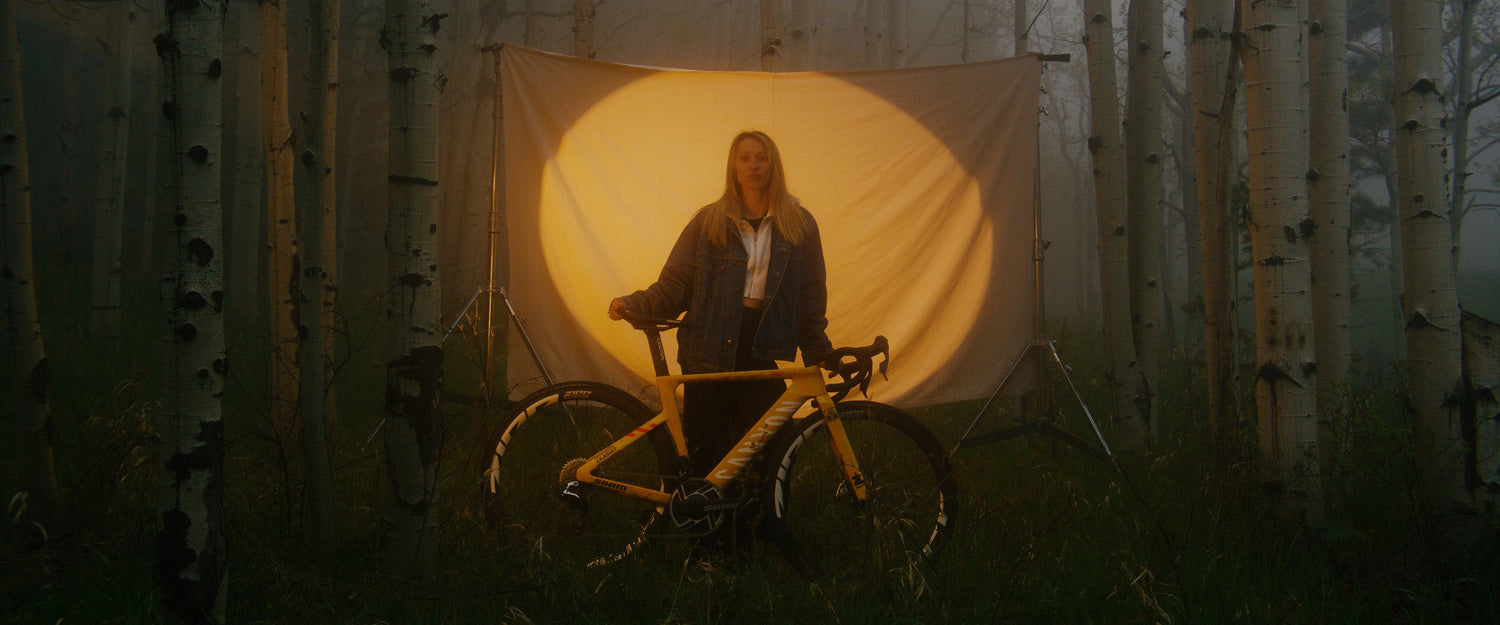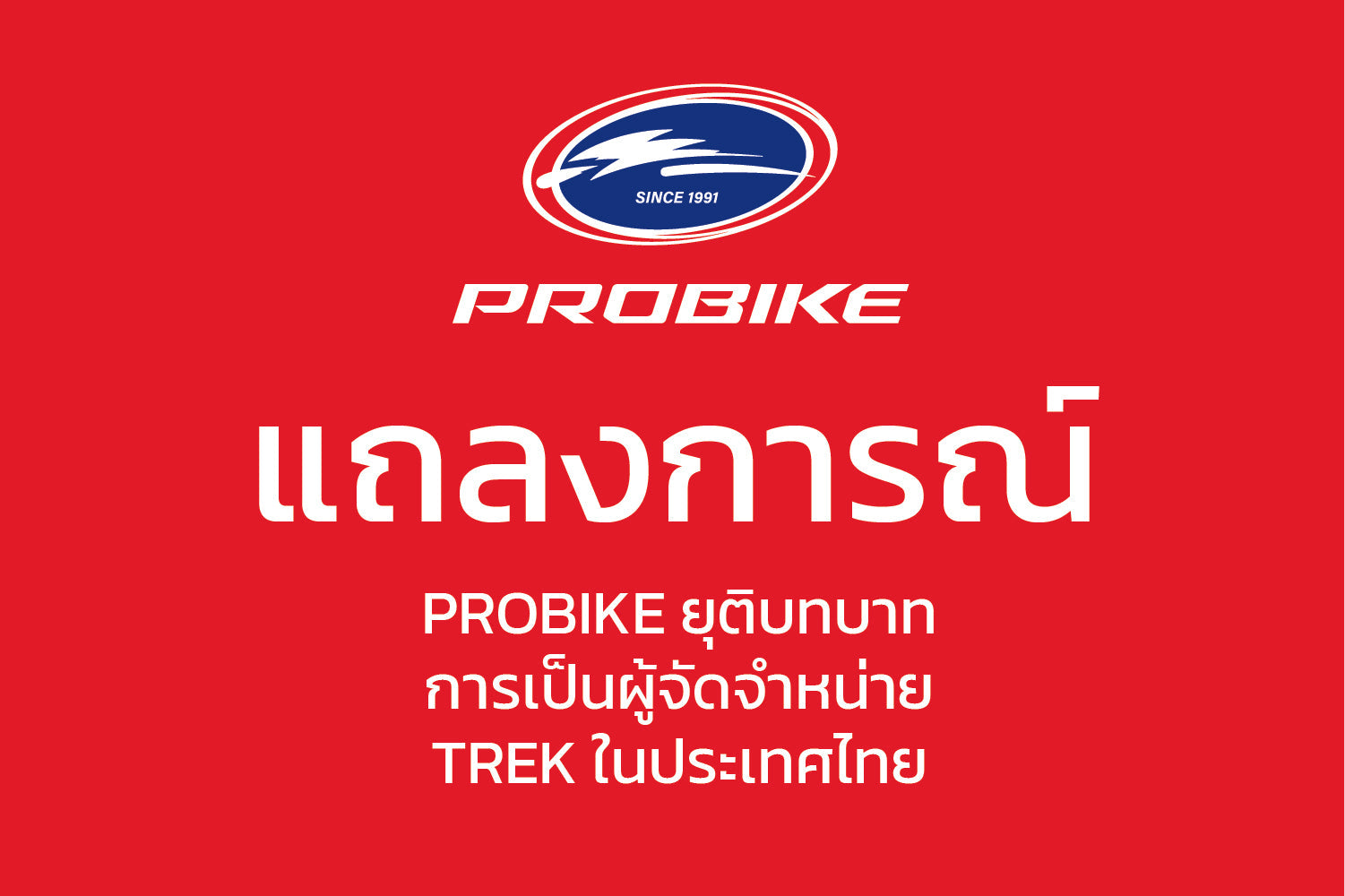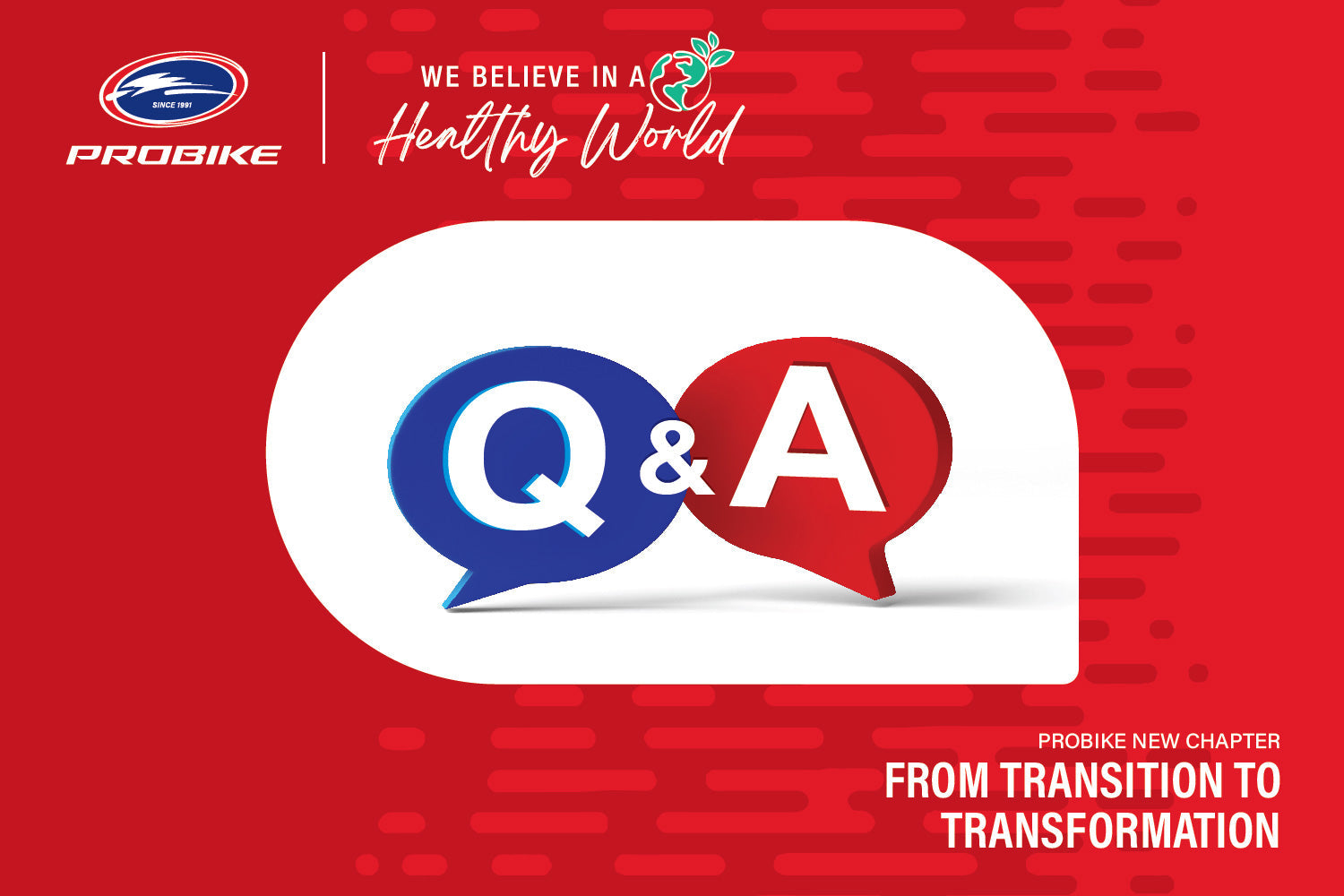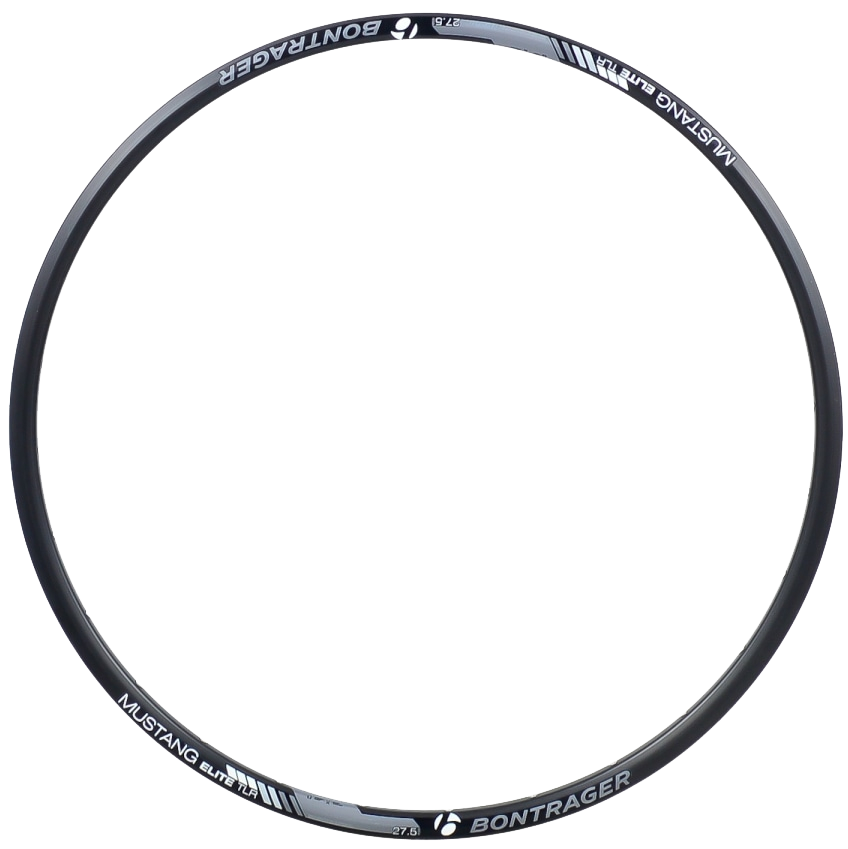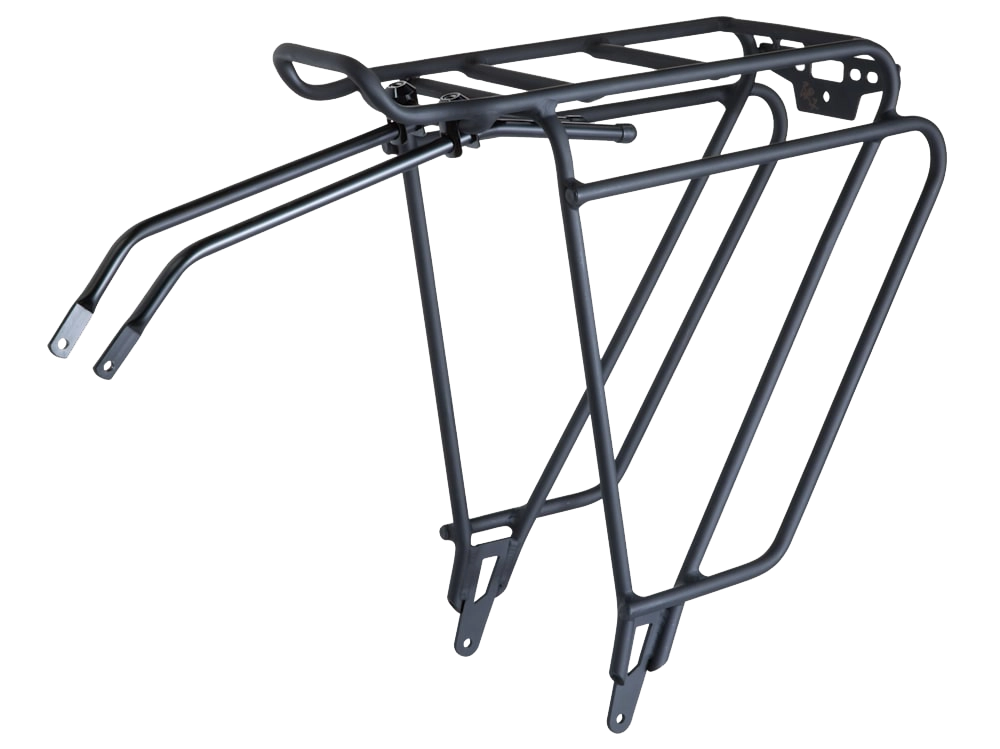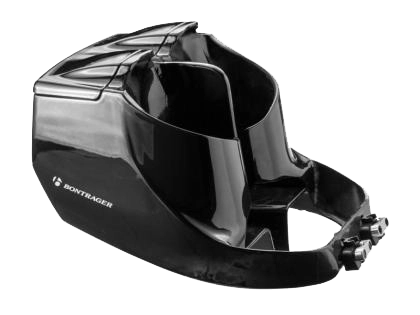Built by Kilometers, Powered by Heart
Before Kasia Niewiadoma raced in the world’s biggest cycling events, before she wore the Polish national champion’s jersey or stood on the top step of the podium at the Tour de France Femmes avec Zwift, she was just a kid trying to win a bet with her dad.
Niewiadoma grew up in a small town in southern Poland, where bikes weren’t about racing — not at first. They were about freedom. She and a band of cousins and friends explored backroads and dirt tracks, inventing challenges like bombing downhill without braking. There were crashes, of course, but that was part of the game.

"It [cycling] was the one thing that let us go far without our parents knowing where we were," she says.
It was her father who introduced her to cycling in the more formal sense. A former football fan turned cycling obsessive, he first roped her reluctant older brother into joining his long Sunday rides. Kasia, younger and eager to be included, watched from the sidelines, building what she called a "hunger" to prove she could ride with them. One day, her dad showed up with a road bike and asked if she wanted to try. She didn’t hesitate.
“I remember just going so hard down the village road where I grew up, just to show him that I’m something,” she recalls. The next day, he entered her in a local co-ed kids race. She won.
Soon, she was training with her dad and his friends — a group of men decades older. That part she didn’t mind. She was developing important sensations: "you don’t even know what racing or riding a bike is, but you want to make sure that others are suffering when they ride on your wheel.”

Niewiadoma was soon making the men suffer — although her dad, “in the best shape out of all those guys,” was the hardest to drop. She knew she was getting close, especially on the climbs. After falling in love with a Nike tracksuit she couldn’t afford, she proposed a bet: if she could drop him on a local climb, he’d buy it for her. He accepted immediately, confident she couldn’t.
“I just remember going so hard from the start,” she says. “And he was still on my wheel. And then I was like, ‘oh shit, I'm in trouble.’”
When she felt him start to slip, her power surged. She crested the climb, triumphant. Waiting for his praise, she got excuses instead — “I was cramping,” he said. “We have to do it again.” But she got the tracksuit. And more importantly, lasting confidence.
Niewiadoma’s parents, mountain people known as Górale, were strong-willed and proud, but never pushy. As they watched their daughter rise through the regional ranks, "they definitely played it cool," she says, encouraging her gently and offering support. She talked through the big questions — like whether to go to university or pursue cycling — on rides with her dad. Though her parents dropped hints (“Oh, you're quite good. Maybe you could try racing abroad”), they never pressured her. The strategy worked. After a strong ride at the European Championships at 19, Niewiadoma was offered a spot as a trainee on Dutch powerhouse Rabobank. She accepted.

Although she was successful in Poland, she was green by international standards. It was a leap: she went from road-tripping in a van with her club team — where buying chips and Haribo gummies at the grocery store was often more exciting than racing — to pinning on a number next to Marianne Vos. She didn’t know what an echelon was. She barely spoke English. But she gave everything anyway. She was there to prove herself in more ways than one.
"There was always this prejudice about Polish people," she says of joining a Dutch team. "They think that Polish people are party people, messy, loud. I remember thinking, ‘I’m going to show them that we are better than what they think we are.’"
She learned from riders like Annemiek van Vleuten, who explained team tactics and race dynamics. She took mental notes. She didn’t back down. Racing with the best in the world was motivating. Now, over a decade later, Niewiadoma has grown into her own role as a leader — sharing wisdom, offering calm, and helping younger riders navigate the same pressure she once felt.
“When you’re young, you focus so much on yourself,” she says. “But once you’re on the other side, with more maturity, you just want to share your stories. You have a different perspective.”

At 30 and in her 12th season as a pro, that perspective has shifted — though not as much as you might think. She still describes herself as “obsessive,” to a fault, about certain races. She overtrains, even when her body begs her to stop.
“It’s the athletic mindset — we just never want to slow down. We never want to go easy,” she says.
But recent success has brought new lessons. She’s learned that before a big race like the Tour de France Femmes, she needs time to herself — “where I can just prepare for the race and be with my family or friends. Just have very chill time that I can do whatever and feel like I’m not controlled by anyone or on a time schedule with anything.”



